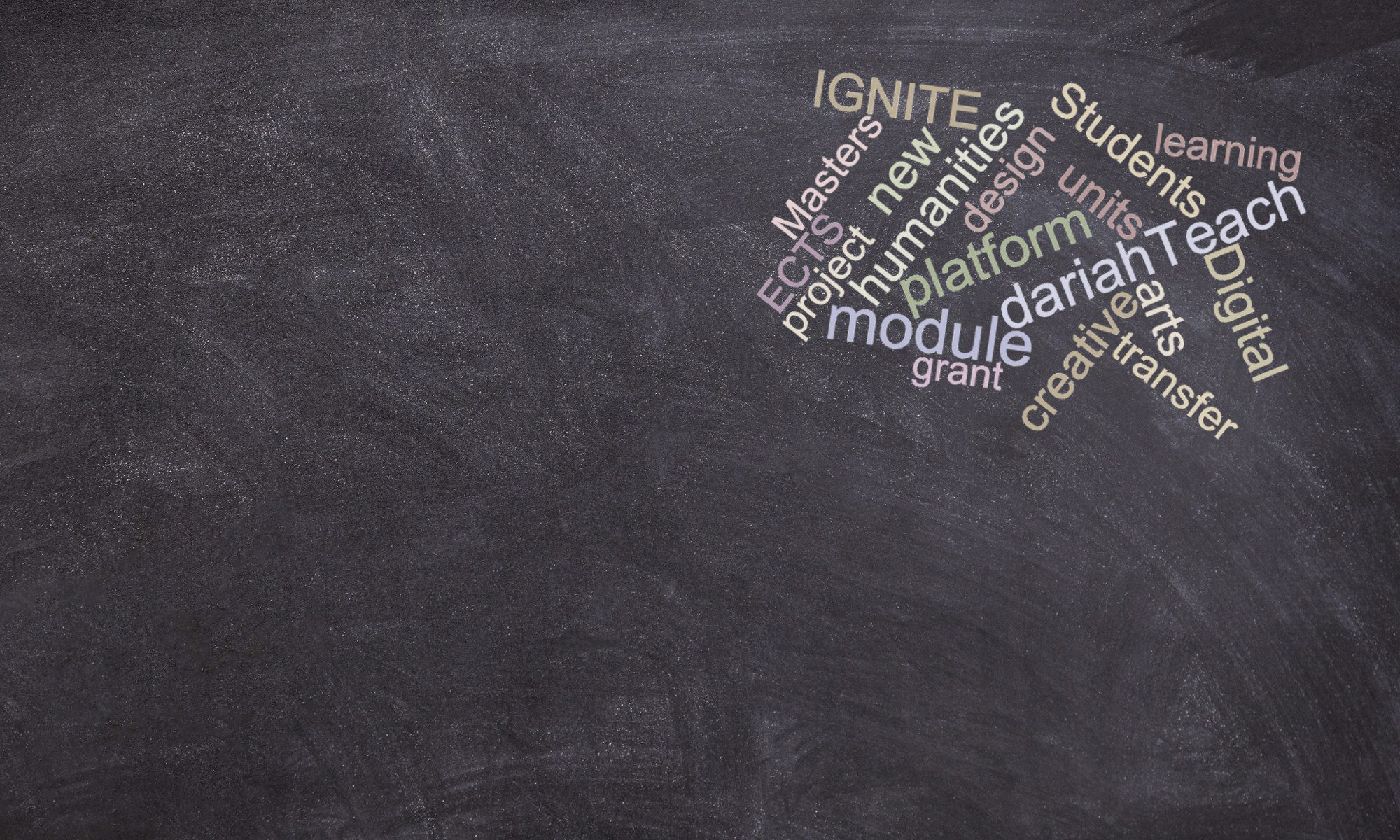Below you will find the insctructors of the Autumn School 2020 courses and workshops:
Susan Schreibman, Professor of Digital Arts and Culture at Maastricht University. Professor Schreibman works at the intersections of computationally-based teaching and research in the interplay of the digital archive, cultural innovation, and participatory engagement design, processes and projects. A focus of her research is in the design, critical, and interpretative analysis of systems that remediate publication modalities and manuscript culture from the analogue world, while developing new born-digital paradigms. She has published and lectured widely in digital humanities and Irish poetic modernism. Her research includes Letter 1916-1923, Contested Memories: The Battle of Mount Street Bridge, The Thomas MacGreevy Archive. She is the Founding Editor of the Journal of the Text Encoding Initiative and #dariahTeach.
Marianne Huang, Associate Professor at School for Communication and Culture, Aarhus University, Denmark. Marianne serves as an academic officer for cultural creative collaborations, creative industry partnerships and digital cultures. Marianne has worked on the 20th Century Avantgardes as artistic, social, and political movements, her research interests are creative ecosystems, open innovation, multiple helix collaboration and how artistic interventions and humanistic competences create openings for community based innovation and engagement in democratic, digital transitions.
Konstantinos Papadopoulos, Assistant Professor in Digital Humanities and Culture Studies, Maastricht University, The Netherlands. Costas is an archaeologist by training, specialising in the application of digital methods, including 3D modelling and computational imaging, to archaeological datasets as a way to analyse and interpret societies of the past. Much of his more recent scholarship in digital humanities explores digital pedagogy and interactive modalities of teaching and learning. His work also involves new ways of engagement across different contexts and age groups, and how technology can be leveraged to empower non-academic audiences.
Guido Stompff is a designer and gained his PhD at TU Delft on design thinking in teams and organizations. He also coaches managers to get innovation going, trains students and start-ups in the Cube design labs and Brightlands Innovation Factory. ” Guido gets his inspiration from the world and people around him. He worked with the most innovative people in the Netherlands, at a company with an R&D of over 1300 people who work on high-tech products and services. There he also conducted his research for his PhD, which he completed in 2012. Guido is the author of the extremely successful management book “Design thinking, radical change in small steps.”
Gène Bertrand has worked for more than 35 years in the field of museums and science centres in different jobs and with different responsibilities. He has a background in culture, media, education and PR/marketing. Since 2007 Gène is responsible for program development, and was strongly involved in the development of the new venues at the Museumplein Limburg. At present, he is responsible for the development of the living labs, part of the Cube Design Museum, and the methodologies used in these labs. Further he is co-responsible for the program development of the three venues at Museumplein Limburg which are the Cube design museum, Continium discovery centre and Columbus earth centre as well as (international) co-operations/projects.
Eslam Nofal is a Postdoctoral Researcher in Digital Heritage at Maastricht University (Netherlands). He is also affiliated to the Department of Architecture at Assiut University (Egypt). His main research interests are related to digital heritage, interaction design, emerging technologies (e.g. AR, VR, and tangible interaction), human-computer interaction; focusing on designing, implementing and evaluating interactive systems that help users to gain insights and knowledge, in particular the communication of heritage information and visitors’ engagement in museums and beyond. He received his PhD degree from KU Leuven (Belgium), where he introduced the approach of “Phygital Heritage”, which entails how heritage information can be disclosed via simultaneous and integrated physical and digital means, as a potential medium for engaging and meaningful communication of heritage to the broader public.
Anja Köppchen, Lab Coordinator at CUBE Design Museum

